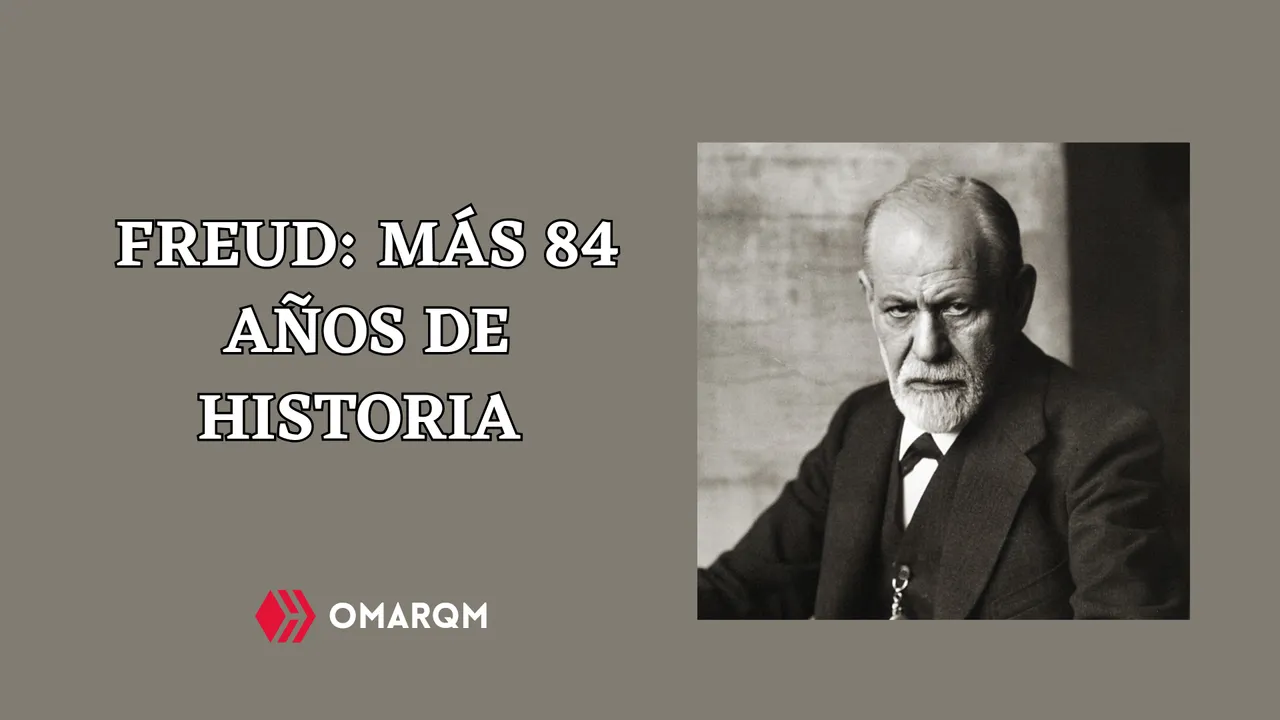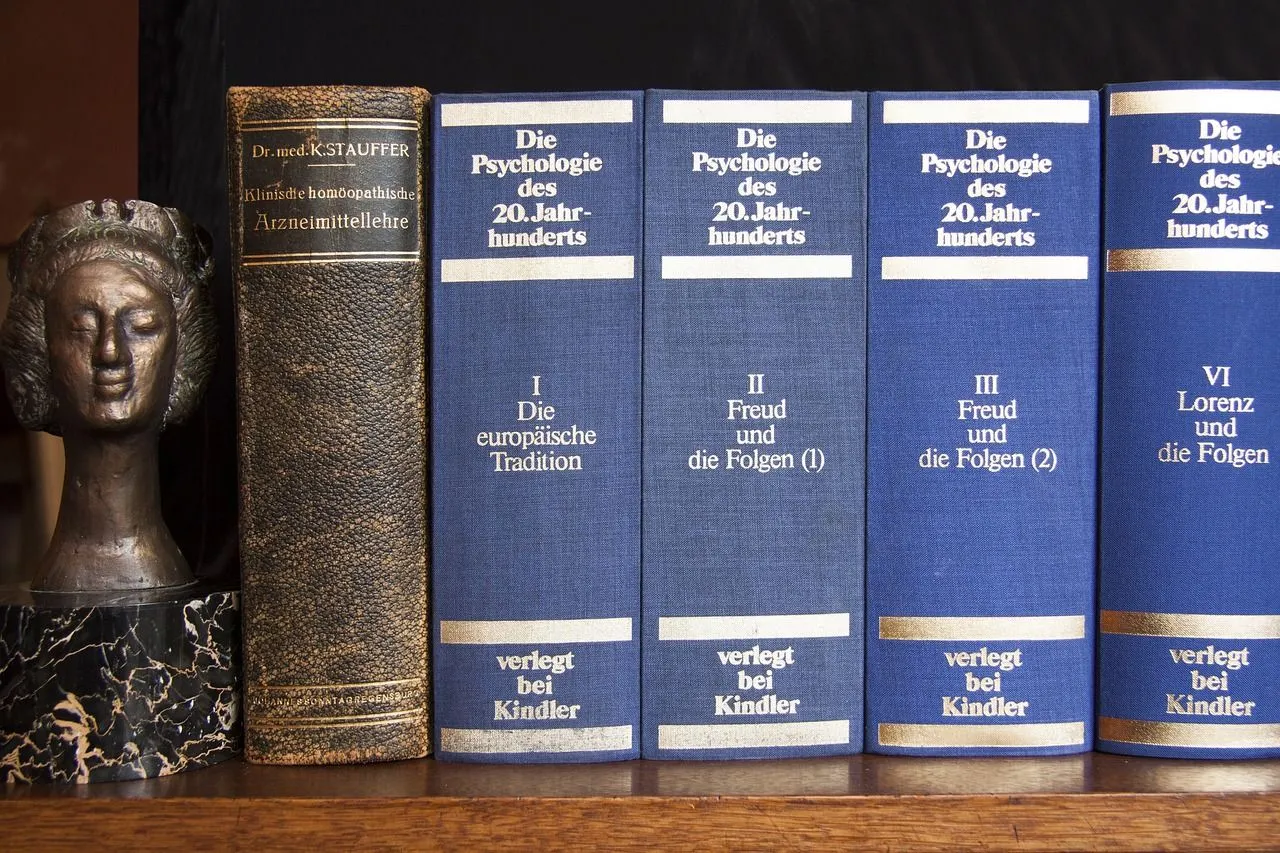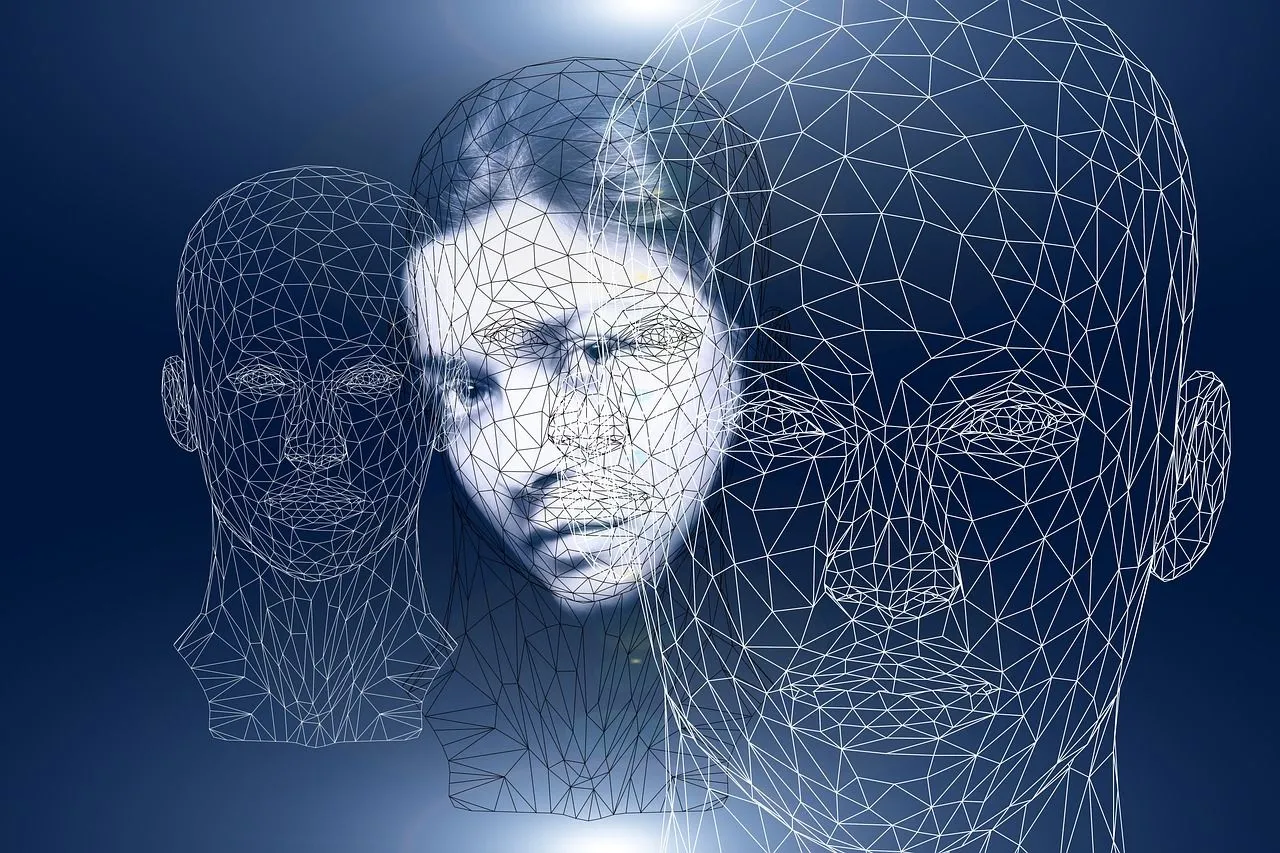English Version

I hope you are feeling well, I'm a little stressed, but it's because of the thesis, I already have a deadline for the two chapters of 2 and 3, and PS I'm working on 10% of something I have, but well, I'll get to it this week. You know, today I was coming with a totally different post, however I am a flexible person for things, and today is September 23, which commemorates 84 years of the physical departure of the most characteristic character of European philosophy and psychology in its beginnings, Dr Sigmund Freud, so today we will talk about him.
Sigmund Freud, beyond telling you that he was a neurologist doctor, Austrian with Jewish ancestry, who like all important characters who leave a mark in history, the least he thought was to be a professional who would leave a theory intact before the times of today, which is still the subject of discussion and debate, especially for the behavioral sciences.

The first time a psychology student listens to Freud is in the first semester of History of Psychology or General Psychology, where the schools of psychology are discussed. Many think that psychology was something that was invented by someone who came up with the name, or that it was the evolution of a subject in a laboratory and that from there, they advanced in research until today's psychology (yes and no). The truth is that psychology has several fragmented origins, but the main one is one of those who did less psychology, but gave him many contributions.
That's right, Freud did not do psychology, and much less is he the father of psychology as he is commonly called, no. Freud did Psychoanalysis, Psychoanalysis, Psychoanalysis and Psychoanalysis. Freud did Psychoanalysis, a quite extensive and dense work where his knowledge and struggles against traditional medicine, his ability to see beyond the symptomatology of the patients, which did not come from biological origins, and his knowledge in philosophy, gave him the opening to the discovery of a theory that would mark his mark in the world and in the collective conscience of many, "The Unconscious".

Freud thought that all the ailments, ideas, behaviors and decisions of people, were managed by the unconscious, a segment of the human service which can not be accessed easily, but Freud somehow managed to get it with his patients through techniques and mainly by his most recognized emblem, the theory and interpretation of dreams, being a more direct way to access the unconscious.
However, not even Freud himself could define the concept of the unconscious as a place or things, but as that which is born with the human being and dies with him, and is individual in each person. Freud also thought that the cause of most of the problems of people, was mere disconnection with his unconscious, driven by their deepest desires and pleasure, but not current, but since birth, this led him to create what is known as "psychosexual stages".
And why sexual? Freud believed that this unconscious apart from not being accessible by traditional ways of the human being, was fed by desires and pleasures not as adults, but since we are children, this gave to understand that children since they are born, already feel a need and a desire, such as the desire to be breastfed, not only for its feeding, but the action of breastfeeding and being satisfied with food generated pleasure to the child. Freud proposed that in each of these stages there should be a desire and pleasure, as well as a possible over gratification and frustration in them, from this would depend on the problems in adults depending on how it was in each stage.

Freud was harshly criticized for this, and more so in his time, it was unusual that in a Victorian and classical era, someone older, proposed sexuality in children, it was unthinkable, however Freud despite the social pressure, did not change his position. However, sexuality in children was not the first criticism to Freud, long time before, in his steps in medicine, he was looking for an effective analgesic, which was achieved with cocaine, in one of his experiments, he gave doses to his best friend, being this not only addicted, but dying of an overdose, besides being part of the epidemic of cocaine at that time by the high cases of addiction that there were.
After presenting his work on the unconscious, it was harshly rejected and criticized by the scientific community of that time, for lacking the validity to replicate, evidence and support with empirical facts what is called unconscious. Today there are still several positions on this issue, people who continue to maintain the point that it lacks scientific criteria, people who defend that Freud maintains a valid scientific criterion for having a very broad and little deconstructable theory and those who postulate that psychoanalysis was not born to be science and does not have to be to serve or function.
Many have been that starting from Freud, have created their own theory or school of Psychoanalysis, through Freud's bases, theorists such as Carl Jung, Adler, Erick From, Karen Horney, Jacques Lacan, among others. Today, Sigmund Freud after 84 years, continues to teach in schools of psychology and philosophy, sharing his findings, phrases and criticisms, to an era, which perhaps was not prepared for him, but that helped him enough to create a theory, that no matter how much time has passed, always with him, as to continue intact for the teaching of future generations.
Well my dear readers of Hive, this was the post of this occasion, I hope you liked the brief review of this important character for both philosophy and psychology, although it is questionable, the things that Freud left, have not stopped resonating over time. What did you think? I would like to know what you think in the comments
Versión en Español
¡Saludos Comunidad de Hive!

Espero se encuentren muy bien, yo un poco estresado, pero es por el asunto de la tesis, ya tengo fecha de entrega de los dos capítulos del 2 y del 3, y PS ando en 10% de algo que tengo, pero bueno, me pondré en eso está semana. Saben, hoy venía con un post totalmente distinto, sin embargo soy una persona flexible para las cosas, y es que hoy es 23 de Septiembre, donde conmemoran 84 años de la partida física del personaje más característico de la filosofía europea y de la psicología en sus inicios, el Dr Sigmund Freud, así que hoy hablaremos de él.
Sigmund Freud, más allá de decirle que fue médico neurólogo, austríaco con ascendencia judía, que como todos los personajes importantes que dejan una huella en la historia, lo menos que pensaba era en ser profesional que dejaría una teoría intacta ante los tiempos de ahorita, que sigue siendo objeto de discusión y de debate, para las ciencias sobretodo conductuales.

La primera vez que un estudiante de Psicología escucha a Freud, es en primer semestre en Historia de la Psicología o Psicología General, donde se habla de las escuelas de psicología. Muchos piensan que la psicología fue algo que fue invento de alguien que se le ocurrió el nombre, o que fue la evolución de un sujeto en un laboratorio y que a partir de allí, fueron avanzando en las investigaciones hasta la psicología actual (si y no). Lo cierto es que la psicología tiene varios orígenes fragmentados, pero el principal, es uno del que menos hizo psicología, pero si le dio bastante aportes.
Así es, Freud no hizo psicología, y mucho menos es el padre de la psicología como comúnmente se le llama, no. Freud hizo Psicoanálisis, una obra bastante extensa, densa donde en sus conocimientos y luchas contra la medicina tradicional, su capacidad de ver más allá de las sintomatología de los pacientes de las cuales no venían por orígenes biológicos, y sus conocimientos en filosofía, le dio la apertura al hallazgo de una teoría, que marcaría su huella en el mundo y en la conciencia colectiva de muchos, “Lo Inconsciente”

Freud pensaba que todas las dolencias, ideas, conductas y decisiones de las personas, estaban manejadas por lo inconsciente, un segmento del servicio humano del cual no se puede tener acceso fácilmente, pero Freud de alguna manera, lo logró obtener con sus pacientes por medio de técnicas y principalmente por su emblema más reconocido, la teoría e interpretación de los sueños, siendo una manera más directa de acceder a lo inconsciente.
Sin embargo, ni el mismo Freud podía definir el propio concepto de lo inconsciente como un lugar o cosas, sino como aquello que nace con el ser humano y muere con él, y es individual en cada una de las personas. Freud además pensaba que los causante de la mayoría de los problemas de la gente, era mera desconexión con su inconsciente, impulsada por sus deseos y placer más profundas, pero no actuales, sino desde que nacemos, esto lo llevó a crear lo que se conoce como “etapas psicosexuales”
Y por qué sexuales ? Freud creía que esté inconsciente aparte de no ser accesible por vías tradicionales del ser humano, se alimentaba de deseos y placeres no de adultos, sino desde que somos niños, esto dio a entender que los niños desde que nacen, ya sienten una necesidad y un deseo, como el deseo de ser amamantado, no solo por su alimentación, sino que la acción de amamantar y satisfacerse de comida le generaba placer al niño. Freud propuso que en cada una de estas etapas debía haber un deseo y placer, como también una posible sobre gratificación y frustración en ellas, de esto dependería los problemas en las adultos dependiendo de cómo fue en cada etapa.

Freud fue duramente criticado por esto, y más en su época, era insólito que en una época victoriana y clásica, alguien mayor, propusiera la sexualidad en los niños y niñas, era algo impensable, sin embargo Freud pese a la presión social, no cambió su postura. Sin embargo la sexualidad en los niños no fue el primera crítica a Freud, mucho tiempo antes, en su pasos por la medicina, se buscaba averiguar un analgésico efectivo, en lo que se consiguió con la cocaína, en uno de sus experimentos, le propinó dosis a su mejor amigo, quedando este no solo adicto, sino muriendo de una sobredosis, además de ser partícipe de la epidemia de la cocaína en ese momento por los altos casos de adicción que había.
Luego de presentar su obra de lo inconsciente, este fue duramente rechazado y criticado por la comunidad científica de ese entonces, por carecer de la validez para replicar, evidenciar y sustentar con hechos empíricos lo que se llama inconsciente. Hoy en día sigue habiendo varias postura frente a este tema, la personas que siguen manteniendo el punto de que carece de criterio científico, las personas que defienden que Freud mantiene un criterio científico válido por tener una teoría muy amplia y poco desconstruible y los que se postulan de que el psicoanálisis no nació para ser ciencia y no tiene porque serlo para servir o funcionar.
Muchos han sido que partiendo desde Freud, han creado su propia teoría o escuela de Psicoanálisis, mediante las bases de Freud, teóricos como Carl Jung, Adler, Erick From, Karen Horney, Jacques Lacan, entre otros. Hoy en día, Sigmund Freud después de 84 años, sigue enseñándose en las escuelas de Psicología y filosofía, compartiendo sus hallazgos, frases y críticas, hacía una época, que quizás no estaba preparada para él, pero que sí le ayudó bastante a crear una teoría, que por más que haya pasado el tiempo, siempre consigo, como continuar intacta para le enseñanza de futuras generaciones.

Bueno mis queridos lectores de Hive, este fue el post de esta ocasión, espero les haya gustado la breve reseña de este personaje importante tanto para la filosofía y psicología, aunque bien es cuestionable, las cosas que Freud dejó, no han parado de resonar en el tiempo. ¿ Qué te pareció? Me gustaría saber que opinas en los comentarios

Mis redes sociales
My social networks


